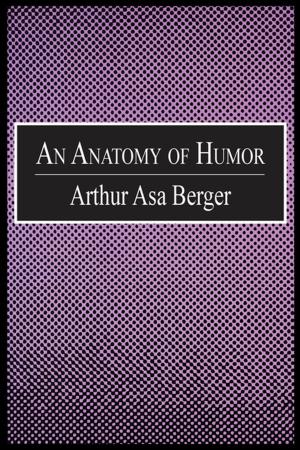Anxiety in Childhood and Adolescence
Encouraging Self-Help Through Relaxation Training
Nonfiction, Health & Well Being, Psychology, Child & Adolescent, Child Psychology, Mental Health| Author: | Frank Carter, Peter Cheesman | ISBN: | 9781317393351 |
| Publisher: | Taylor and Francis | Publication: | September 25, 2015 |
| Imprint: | Routledge | Language: | English |
| Author: | Frank Carter, Peter Cheesman |
| ISBN: | 9781317393351 |
| Publisher: | Taylor and Francis |
| Publication: | September 25, 2015 |
| Imprint: | Routledge |
| Language: | English |
Many counter-productive behaviours in children may be anxiety-related and in this book, originally published in 1988, the authors proposed that a disabling level of tension and stress experienced by many children frequently goes unrecognised. This often leads to failure to analyse psychological and educational problems and inappropriate ways of dealing with them.
This book was aimed at all professional staff working with children, particularly educational and clinical psychologists and teachers. The book is however written in a jargon-free manner and should have wide appeal. The authors show how tension reduction therapy can help children overcome many problems which may manifest themselves as disturbed behaviour, poor sleep patterns, anorexia, school phobia, or poor relationship-making skills. As an extreme example it is shown how significant gains can be made by cerebral palsied children using these approaches. The book, however, is not just a manual of relaxation training; it advocates a less stress-inducing approach generally to working with children, and gives many case studies.
Many counter-productive behaviours in children may be anxiety-related and in this book, originally published in 1988, the authors proposed that a disabling level of tension and stress experienced by many children frequently goes unrecognised. This often leads to failure to analyse psychological and educational problems and inappropriate ways of dealing with them.
This book was aimed at all professional staff working with children, particularly educational and clinical psychologists and teachers. The book is however written in a jargon-free manner and should have wide appeal. The authors show how tension reduction therapy can help children overcome many problems which may manifest themselves as disturbed behaviour, poor sleep patterns, anorexia, school phobia, or poor relationship-making skills. As an extreme example it is shown how significant gains can be made by cerebral palsied children using these approaches. The book, however, is not just a manual of relaxation training; it advocates a less stress-inducing approach generally to working with children, and gives many case studies.















